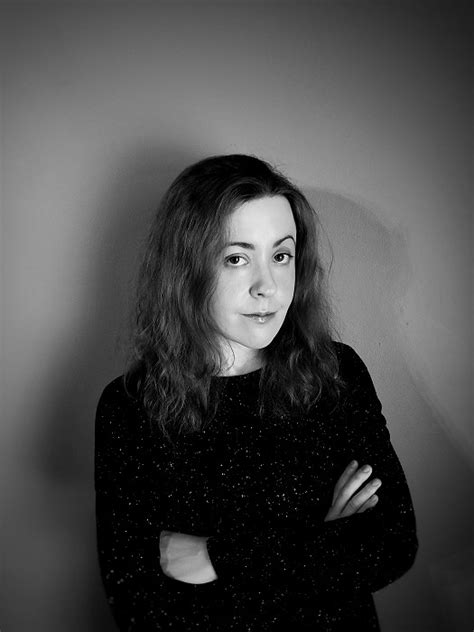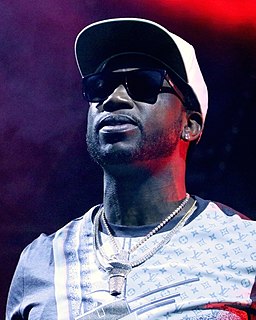A Quote by Edan Lepucki
The messiness [in my books] is nothing like an Atwood novel. For me, the deeper subjects are secrets versus intimacy, and how both beget safety but also threaten it. And there is a lot for me about loss, too.
Related Quotes
One of the things that's exciting for me about this novel is that, to me, Brookland and The Testament of Yves Gundron were both, in certain regards, crypto-steampunk. They're both books that are interested in an alternate technological past that in fact didn't historically come to pass. If you were to ask me what my novels were about, I would say, well, these are novels about technology and how we relate to technology and what technology means.
The age of the book is not over. No way... But maybe the age of some books is over. People say to me sometimes 'Steve, are you ever going to write a straight novel, a serious novel' and by that they mean a novel about college professors who are having impotence problems or something like that. And I have to say those things just don't interest me. Why? I don't know. But it took me about twenty years to get over that question, and not be kind of ashamed about what I do, of the books I write.
There are a lot of things to like about [Borussia Dortmund's fans] and the city of Dortmund as a whole.I like their honesty. And I like that my family and I can feel safe here. I don' t have to worry at all about my safety and their and my own safety. Believe me, in other countries I have made different experiences in that regard. All of this, too, has led to my decision to extend my contract until 2020, and I can imagine staying even longer.
The thing no one tells you about surviving, about the mere act of holding out, is how many hours are nothing because nothing happens. They also don’t tell you about how you can share your deepest secrets with someone, kiss them, and the next hour it’s like there’s nothing between you because not everything can mean something all the time or you’d be crushed under the weight of it.
While working on my first five books, I kept wishing I was writing a novel. I thought until you wrote a novel, you weren't taken seriously as a writer. It used to trouble me a lot, but nothing troubles me now, and besides, there has been a change. I think short stories are taken more seriously now than they were.
I value my core fans I got from the hood. I think a lot of things might hit home with them, like problems with the law or how I talk about partying - all the different topics I cover when I do rap. But I also value my suburban fans who take a liking to my music and like the way I change cadences. I appreciate all of them cause both types of fans push me to record all the time, both push me to give my best when I do a show. Both push me to be the best rapper and not just do it as a hobby, but do it as a job and take it seriously and put pride in it.
... if you know a person really well, the truth is you can't guess how they'll act in an altogether new sort of crisis. ... intimacy creates a special environment for two people, and the deeper the intimacy, the more they both live within it, the closer its boundaries usually are, so that all that lies beyond them becomes with time not less but more and more of a mystery.
THE NAME OF THE WIND has everything fantasy readers like, magic and mysteries and ancient evil, but it's also humorous and terrifying and completely believable. As with all the very best books in our field, it's not the fantasy trappings (wonderful as they are) that make this novel so good, but what the author has to say about true, common things, about ambition and failure, art, love, and loss.
In general, I think every novel is a political novel, in that every novel is an argument about how the world works, who has power, who has a voice, what we should care about. But political novels can be boringly polemical if they end up being too black and white, too one dimensional, like war is bad, killing people is wrong.






































